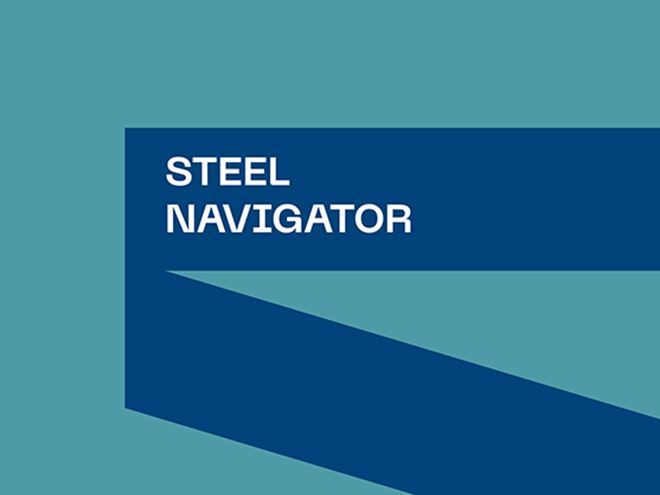In order to harden steel, the iron matrix must contain a certain amount of carbon. The higher carbon content in the steel the higher achievable hardness. In through-hardening steel, there is a relatively high level of carbon added to the steel. When the component is heat treated, it becomes hard all the way through from the surface to the core, hence the term “through-hardened”. Through-hardened steel components are relatively brittle and can fracture under impact or shock loads.
Applications for through-hardening bearing steel are typically roller bearing components but also components that require high fatigue strength such as diesel injection components. The hardness levels these steel reach also makes them excellent in wear applications or cutting/slitting/grinding applications. When also combined with a stabilizing heat treatment they give a dimensional stability needed in many tool steel applications.

|
EN-standard |
Ovako |
Typical analysis |
||||||
|
C |
Si |
Mn |
Cr |
Mo |
Ni |
Other |
||
|
C55 |
0.50 |
0.2 |
0.6 |
0.2 |
|
|||
| 66SiMnCrMo6-6-4*3 |
0.67 |
1.5 |
1.4 |
1.0 |
0.2 |
|||
|
100Cr6 |
1.00 |
0.3 |
0.3 |
1.4 |
||||
| 100CrMo7 |
0.95 |
0.3 |
0.3 |
1.7 |
0.2 |
|||
|
100CrMo7-3 |
0.95 |
0.3 |
0.7 |
1.7 |
0.2 |
|||
|
100CrMo7-4 |
0.95 |
0.3 |
0.6 |
1.7 |
0.4 |
|||
|
100CrMnMoSi8-4-6 |
0.95 |
0.5 |
0.9 |
1.9 |
0.6 |
|||
|
100CrMnSi4-4 |
0.95 |
0.6 |
1.1 |
1.0 |
||||
|
100CrMnSi6-6 |
0.90 |
0.7 |
1.5 |
1.4 |
||||
|
100CrMnSi6-4 |
0.95 |
0.6 |
1.0 |
1.5 |
||||
EN-standard designation followed by “*” is not an official EN standard grade but named according to the rules in EN 10027.

Steel Navigator - Find the right steel for your application
Steel Navigator contains a selection of useful tools such as Material Data Sheets, Machining Cost Calculator, Heat Treatment Guide, Piston Rod Predictor and more.



